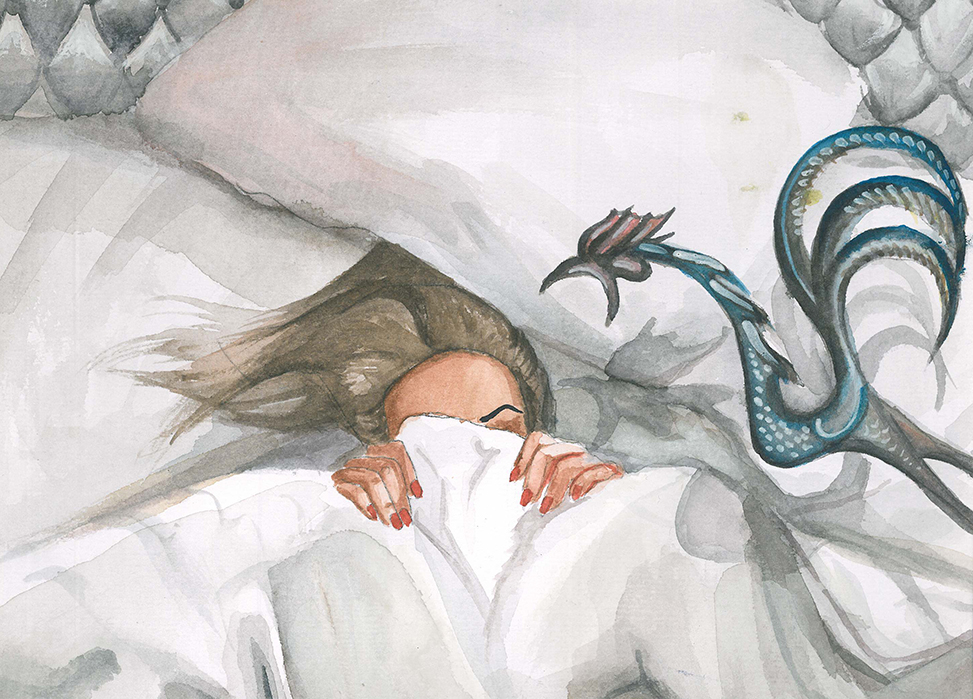Detecting early signs
Diagnosis is not possible before the first acute psychotic symptoms according to up-to date guidelines.
However detecting prodromal signs can be crucial in terms of preventing further development or early intervention.
If someone detects the prodromal signs, can try to minimize known risk factors that affect the development of schizophrenia: stress, urban environment, emigration, cannabis, etc…
Tools for diagnosis
Schizophrenia is diagnosed based on its symptoms. Although some biological, or physical traits can be tested, they’re not normally used to make a diagnosis. 1
When a medical professional is talking to you or a loved one about a possible schizophrenia diagnosis, they will follow the same routine steps.
Diagnostic tests for schizophrenia will try to assess the impact the three forms of symptoms have on a person with schizophrenia.2 Tests to determine a diagnosis and exclude other disorders may include:3
A physical exam to rule out other potential cause of symptoms
Tests to rule out potential differential diagnoses and screenings for use of alcohol and drugs
A psychiatric evaluation to check mental status
Evaluating diagnostic criteria for schizophrenia
An internationally renowned manual for mental disorders (called DSM-5)4 includes the most up-to-date criteria to identify schizophrenia, and a doctor will use this to aid diagnosis.
This tool illustrates a large number of symptoms and traits which are common in schizophrenia. However, a person living with schizophrenia will not display each and every symptom described in the DSM-5.
Each individual will have a unique combination of symptoms and experiences.5
Potential differential diagnoses include bipolar affective disorder, brain tumours, Wilson disease, hyperthyroidism and infectious illnesses like Influenza, Lyme disease and HIV which may result in changes to a person’s mental state.6
Course of disease
It’s also important to note that schizophrenia doesn’t follow a linear course.
Because the disorder can be so varied, depending on the individual, it’s normally better described by looking at three phases of schizophrenia that will occur throughout a lifetime: prodromal, acute and stable.7,8
Types of symptoms
In order to receive an official diagnosis for schizophrenia, the DSM-5 guidelines recommend presence of two or more symptoms for at least one month.4 The most common symptoms, called positive symptoms, are delusions, hallucinations, movement disorders and disorganised speech or behaviour.4 Another important category of symptoms are negative symptoms, which can be, for instance, a lack of emotions or reduced conversation.4 There can also be cognitive symptoms, which can be issues with making informed decisions and choices and thinking in an organised way.9
Both positive and negative symptoms can appear throughout any phase of the disorder: before, during and after psychotic episodes.
References
- Messinger JW. Clin Psychol Rev. 2011 Feb;31(1):161-8;
- WebMD Diagnostic Tests for Schizophrenia. https://www.webmd.com/schizophrenia/diagnostic-tests-schizophrenia#1 [Accessed July 2019]
- Mayo Clinic Schizophrenia Diagnosis. https://www.mayoclinic.org/diseases-conditions/schizophrenia/diagnosis-treatment/drc-20354449 [Accessed July 2019]
- American Psychiatric Association. (2013). Diagnostic and statistical manual of mental disorders (5th ed.)
- NICE CG178 https://www.nice.org.uk/guidance/cg178
- Medscape Schizophrenia Differential Diagnoses. https://emedicine.medscape.com/article/288259-differential [Accessed July 2019]
- AIPC Overview of Schizophrenia. https://www.aipc.net.au/articles/an-overview-of-schizophrenia/ [Accessed July 2019]
- CPA Schizophrenia: A journey to recovery. https://www.schizophrenia.ca/docs/RoadtoRecoveryschzhioph-web.pdf [Accessed July 2019]
- National Institute of Mental Health Schizophrenia. 2009
Can schizophrenia be treated?
After a schizophrenia diagnosis the doctor will have a conversation with the person diagnosed about starting a treatment plan. Once treatment begins, there are
more…Schizophrenia: Myths and Truths
You might already have some preconceptions about schizophrenia, but do you know the myths from the truths? Explore common myths about schizophrenia and the trut
more…



